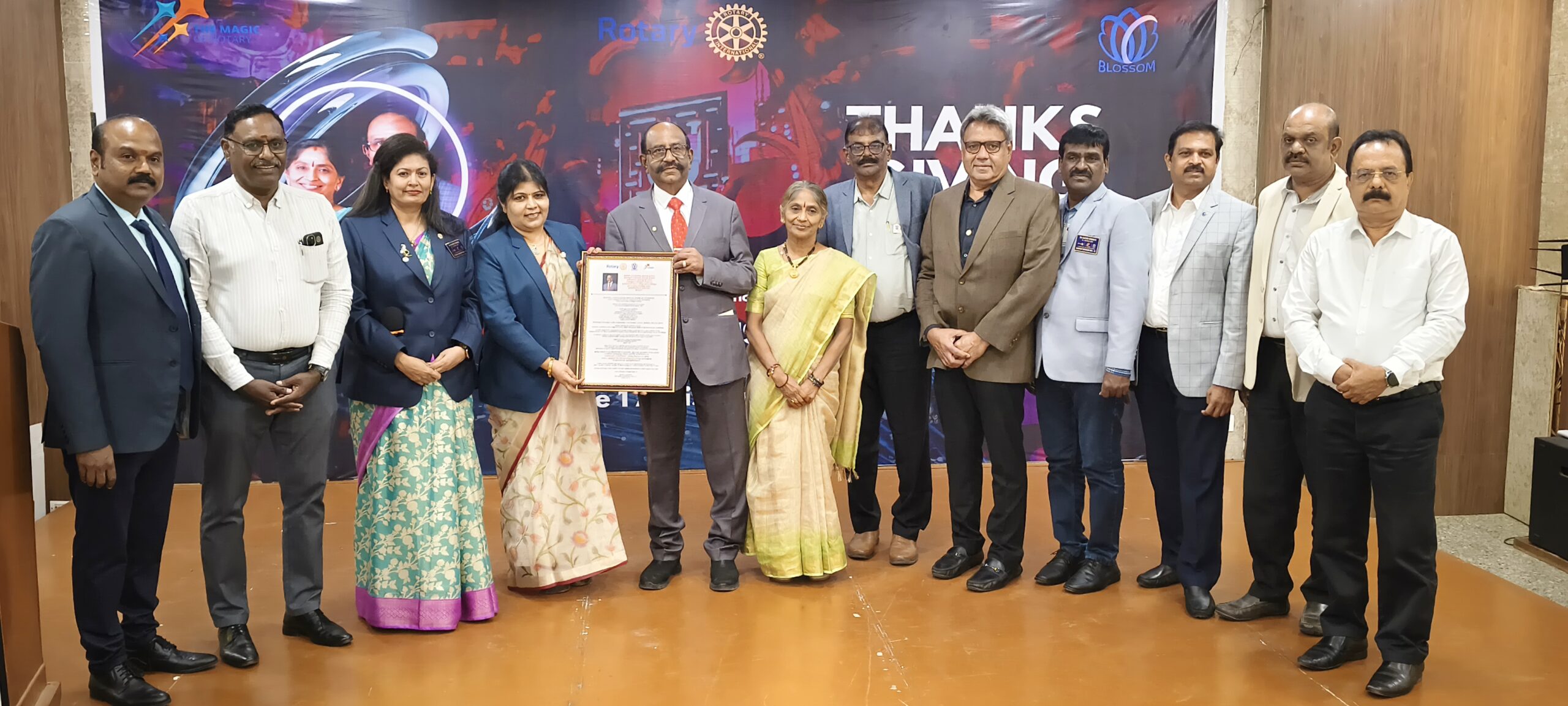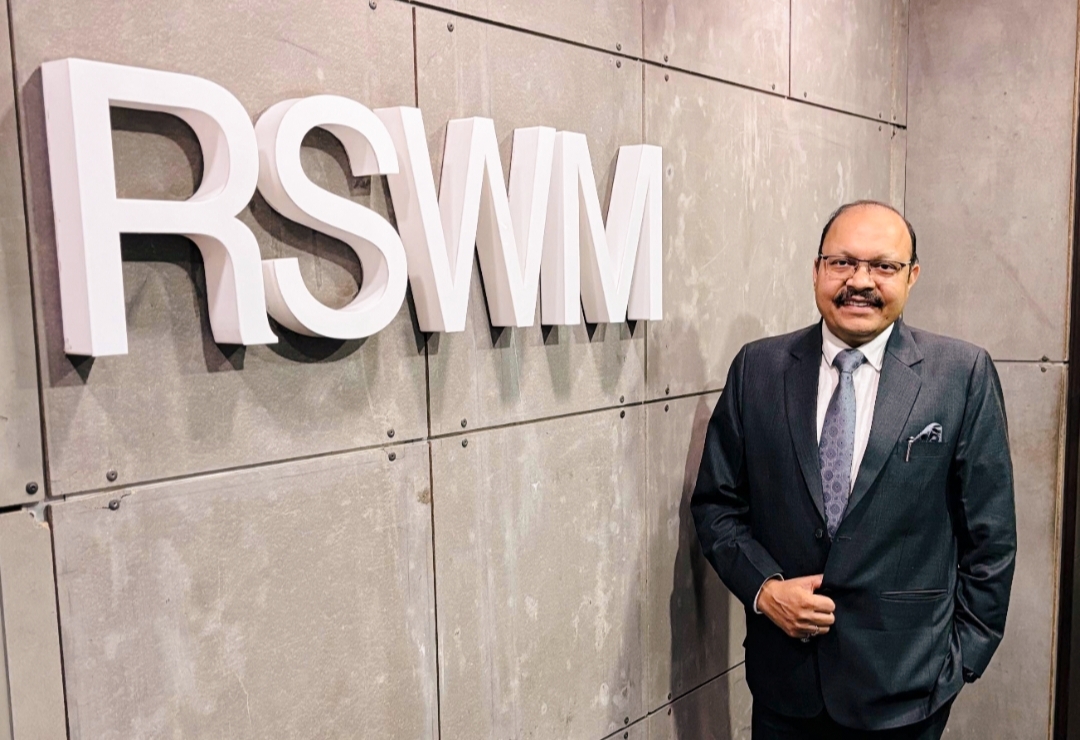Trending Now
- “If Edappadi Palaniswami permits, a thousand young members from the Virudhunagar district AIADMK are prepared to take up arms and engage in battle under my command.” – Former AIADMK Minister Rajendra Balaji
- “India is ready to deal with any counter-attack by Pakistan” – Wing Commander Vyomika Singh
- Central govt orders extension of CBI Director Praveen Sood’s tenure for another year
Coimbatore
Curb nomophobia or cell phone addiction, say psychologists
![]() October 15, 2018
October 15, 2018
We often talk about being obsessed with our cell phone. Researchers are starting to think that this addiction might be an actual thing.
A study conducted by Onepoll and sponsored by SecurEnvoy concluded that millennials or younger people are the most nomophobic. About 77 per cent of those aged between 18 and 24 and 64 per cent of those between 25 and 34 are nomophobic. Another interesting finding was that 41 per cent of the participants said they would get upset if their partners viewed the contents (specifically text messages) on their cellphone without permission.
Cell phone addiction is on the rise. Binge watching series on Netflix, being hyper vigilant at the sound of the notification and the urge to want more screen time is very common nowadays. "I can't live without my cell phone. As soon as I wake up I need to check my phone. I don't leave my house without a charger and don't like going to cell phone dead zones," says a nomophobe.
Psychiatrist Dr Umamaheswari says, "I have many clients in Coimbatore, majorly millennials who have visited me in the past three months itself. DSM does not classify it as a disorder as yet, but it should be listed in few months. The fear of non-availability of mobile phones, out of cellular phone contact, such an amount of preoccupation of wanting to use a mobile phone may led to significant amount of anxiety."
The Onepoll study points out that the fear of others reading messages could possibly also contribute to the phobia developing, in addition to a fear of feeling disconnected.
Psychologist A. Rohit says, "It's not just psychological, it's physiological as well. Our brain triggers dopamine – a pleasure chemical which makes us feel good -,when we come in connection with others. However, the tech industry has blended behavioural science with technology. Mobile phones were designed to be addictive in nature. For instance, implementation of random reward system in the interface just to capitalise on our need to connect, converting us into anti-social and self-obsessed beings."
There are some symptoms that one should look out for, says Dr Uma. "One being preoccupied with the Internet (constantly thinks about past use or future use). Needs to use the Internet with increased amounts of time to gain satisfaction. Has made unsuccessful efforts to control, cut back, or stop use of the Internet. Is restless, moody, depressed, or irritable when attempting to control Internet use. Has stayed online longer than originally intended. Has jeopardised or risked the loss of a significant relationship, job, educational or career opportunity because of the Internet can be classified as a person who suffers from Nomophobia."
"Curb the addiction by restricting the usage of cell phones, stop seeking the approval about yourself from various social networking platforms, for instance don't get excited or demotivated with the likes or comments you get, don't see other people's facebook timeline, instagram stories and use it as a yardstick to compare your life, disable all notifications, take tech breaks during conversations, try switching off your phone during family time, meetings and driving. And last, try replacing cell phones with healthier options like meditating, following your hobby with real people." says Rohit.























